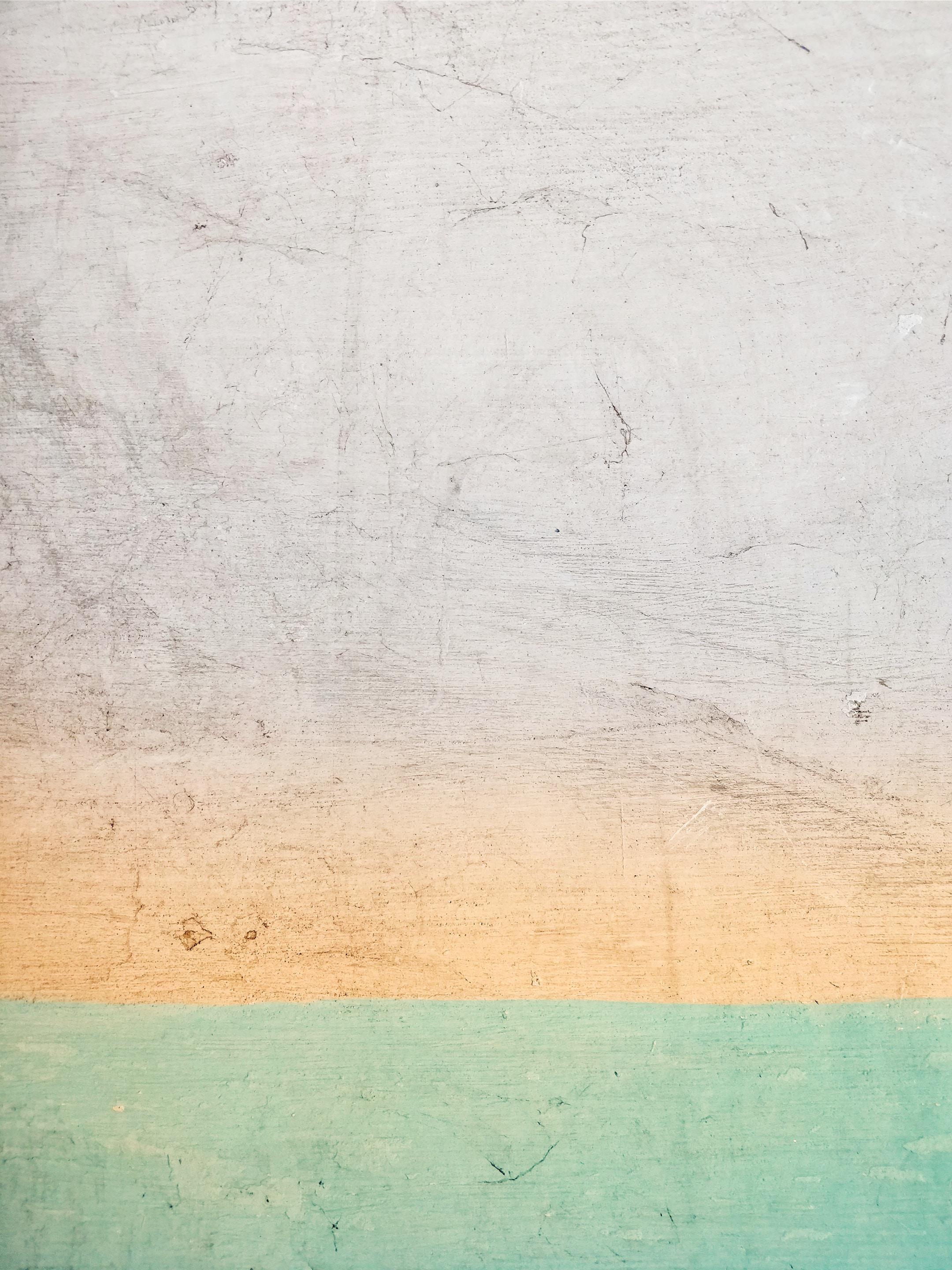
Clean the surface, remove dirt and other foreign matter, and allow the area to dry thoroughly.
Prep the wall surface. Before patching up the paint job, you want the wall surface to be as smooth and blemish-free as possible to help the paint blend.
Stir and then mix the paint to homogenize the pigment throughout the paint.
Apply the Paint
Load your brush or roller with just enough paint to cover the touch-up area. The best touch-up paintbrush or paint roller is just large enough for the job to avoid spreading paint too far into unaffected areas
If you're just covering a small missing piece or a scratch, using an artist's brush may be the best bet because you can just fill in the missing paint to make it less noticeable. Avoid spreading paint too far into unaffected areas
Start in the middle of the touch-up spot and work your way out to the edges. feather the edges by making light strokes that extend slightly past the edge onto the surrounding wall. Feathering creates a less noticeable transition between the new and old paint, which will help the touch-up spot blend into the wall.
Thinning latex paint with a small amount of water can help it blend in better. Start by applying it over the affected area, working outward, and feathering the edges to help them blend. It's best to use smaller amounts of paint, adding more if you need it. Wait until the paint dries and look at it from different angles and in different light to see if it blends in well.
Repainting a Wall
If your touch-up paint dried darker or lighter than the original, you may need to paint just the affected wall from one break to another. In most cases, that means painting the full wall from one corner to the other. If the paint is the same color and sheen, you likely won't notice the difference because the corners of the room give that break, and the results will be close enough to the other walls to make it blend in well.
UCI Paints are manufactured for our tropical climate therefore our paints are formulated with an extra amount of “in-can preservatives” that minimizes our paint from bacterial contamination. Properly sealed paint containers can last for years even in non-air-conditioned storage. Once a paint can is opened it MUST be closed or sealed properly. The preferred method is to “float" a thin layer of water on the top of the paint, do not mix into the paint at this time.
If possible, place a piece of “saran wrap,” visqueen, or wax paper on the top of the bucket, then close the container by attaching the lid tightly in the grooves with a mallet or hammer.
Exposure to paint fumes can cause dizziness, vision problems, eye and lung irritation, and headaches. To combat these risks, work in an area with adequate ventilation by opening any windows and exterior doors in the room. You may also consider using a fan to direct the fumes outdoors, and/or wearing a face mask or respirator.